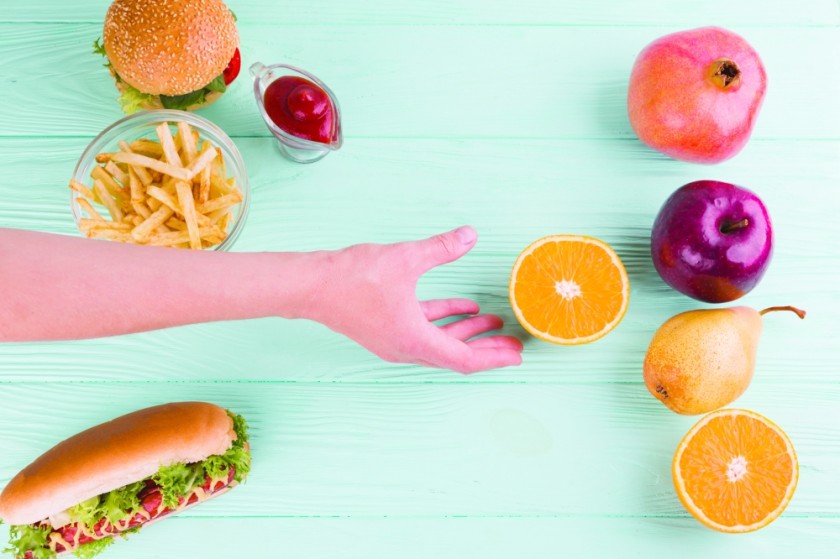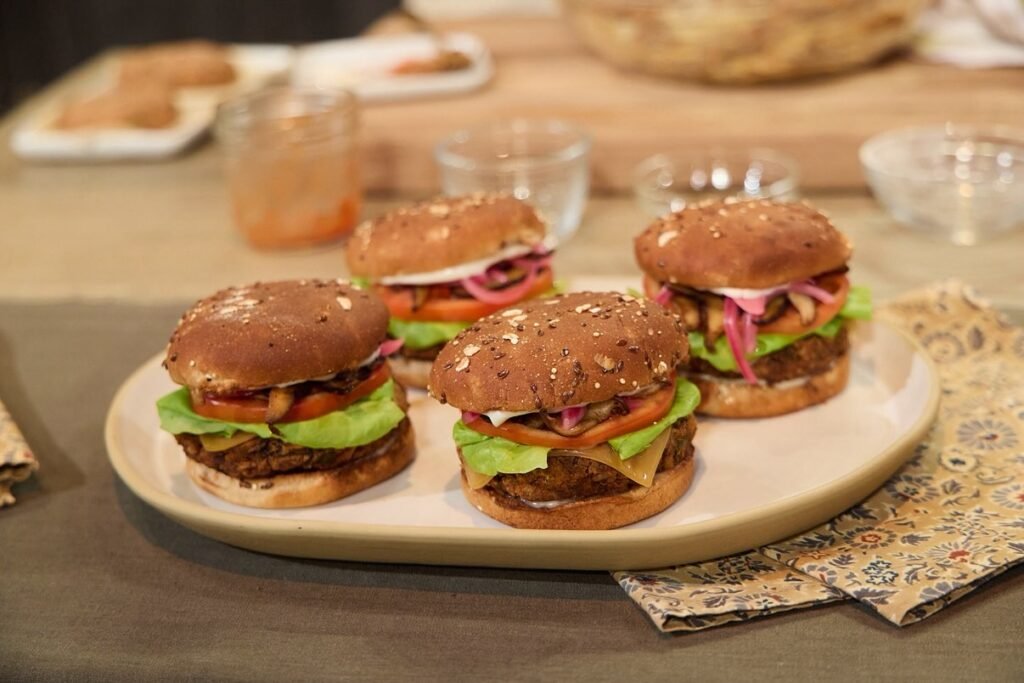“Are we in Oman eating healthy?” — a question I am frequently asked in public health discussions, classrooms, and community gatherings. The answer, unfortunately, is not as straightforward as we wish.
Over the past few decades, Oman’s dietary landscape has undergone a dramatic transformation — shifting from traditional, locally sourced meals to a diet heavily influenced by globalisation, urbanisation, and the widespread availability of imported foods.
While public awareness of healthy eating has improved thanks to government campaigns, social media, and educational initiatives, the challenge lies in translating awareness into behaviour. Knowing what is healthy is one thing; consistently making healthy food choices in the face of convenience, social expectations, and cultural habits is another.
Traditionally, the Omani diet was balanced and largely based on fresh fish, dates, fruits, whole grains, and vegetables — ingredients that supported active lifestyles and protected against chronic diseases. Today, however, the typical plate looks quite different. The modern Omani diet has become richer in refined carbohydrates, saturated fats, and processed foods. Rice, for instance, has become a dominant staple at nearly every meal, often consumed in large quantities. Many are unaware that excessive rice intake — due to its high glycaemic index — increases the risk of diabetes, while high sodium content from sauces and added salts contributes to hypertension.
Oman currently ranks 75th globally for hypertension-related deaths and is among the top 10 countries in the MENA region for diabetes prevalence. These alarming statistics reflect a growing public health concern that cannot be ignored.
Food in Oman is more than nourishment; it is deeply embedded in our social fabric. Family gatherings and weekly friend meet-ups are almost always centred around abundant and diverse dishes. Sharing food from a communal plate is a cherished cultural tradition, but studies show that eating in groups often leads to higher calorie intake, as people eat more subconsciously in social settings. Moreover, in our culture, generosity is expressed through food, and refusing extra portions is sometimes seen as impolite.

Subsidising fruits, vegetables and whole grains while imposing higher taxes on sugary drinks and fast foods could help shift consumer choices
The rapid rise of fast-food chains and affordable fried options has made unhealthy choices even more accessible. From shawarma and fried chicken to samosas and pastries, these calorie-dense foods have become a daily habit for many — particularly among youth. Convenience often wins over nutrition.
To address this growing nutritional challenge, Oman must take a comprehensive, multi-sectoral approach. Public health education must go beyond awareness campaigns to emphasise practical behaviour change. Schools, mosques, and media outlets can play a central role in promoting healthy lifestyles and redefining what it means to “eat well.” At the same time, policy interventions are crucial. Subsidising fruits, vegetables and whole grains while imposing higher taxes on sugary drinks and fast foods could help shift consumer choices. Restaurants and cafeterias should be encouraged — or required — to provide clear nutritional information and healthier menu alternatives.
Community-based programmes can also make a difference. Initiatives that teach families how to prepare balanced meals, manage portion sizes, and understand nutrition labels can empower individuals to make smarter decisions. Encouraging physical activity through accessible parks, walking paths, and workplace wellness programmes would complement these efforts.
Ultimately, improving our nation’s diet is not only a personal responsibility but also a collective one. As citizens, parents, educators, and policymakers, we must recognise that food is both a source of joy and a foundation of health. Our traditional Omani values — moderation, hospitality and respect for the body — can guide us back toward a healthier path.
The question, therefore, is not just whether we are eating healthy, but whether we are willing to change the way we eat for the sake of our nation’s future health. The answer must begin on every Omani dining table — one mindful choice at a time.







